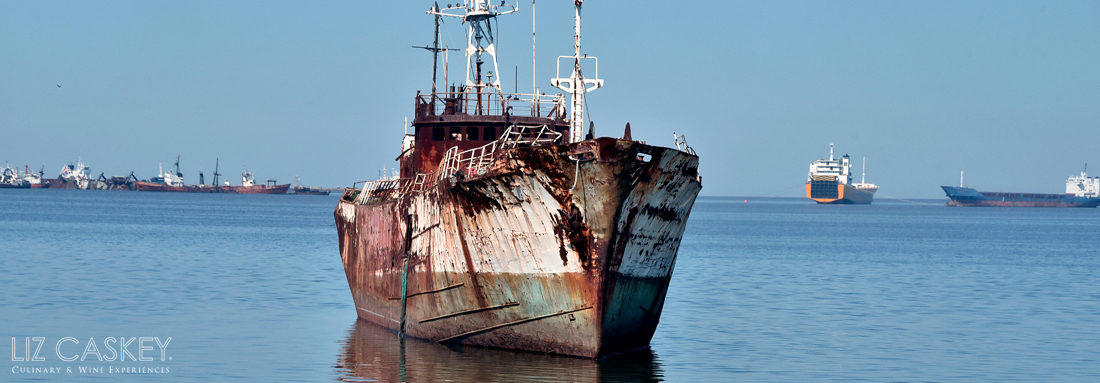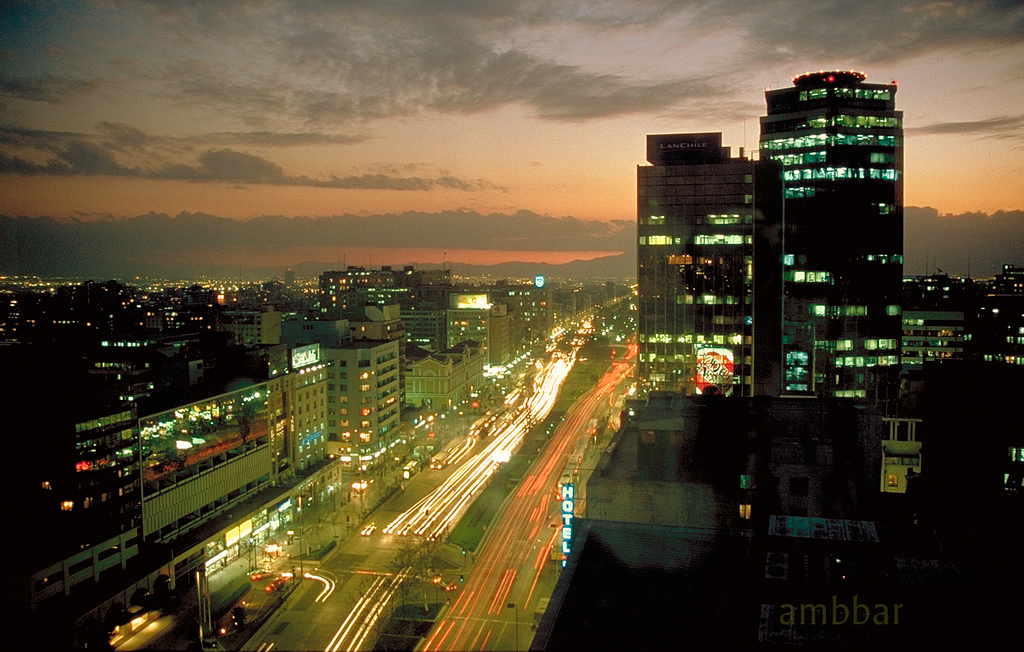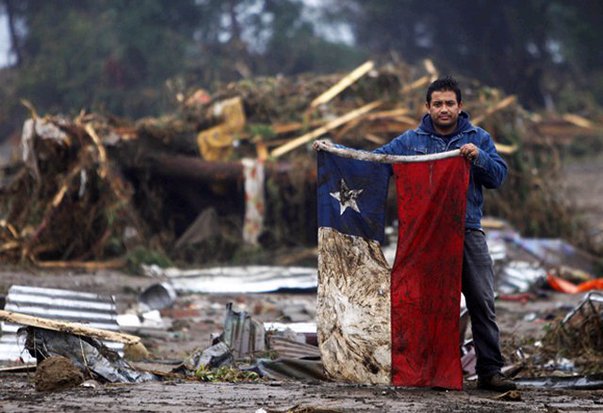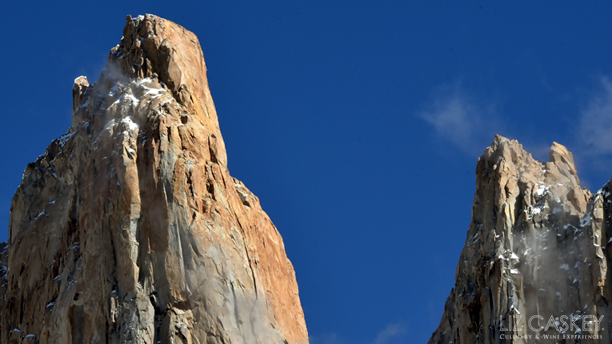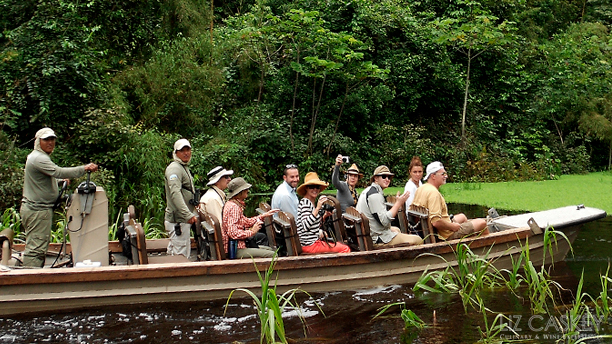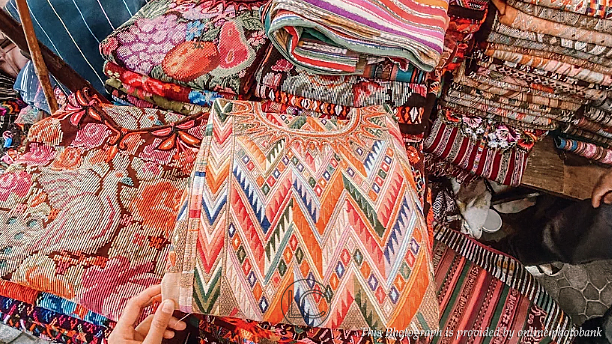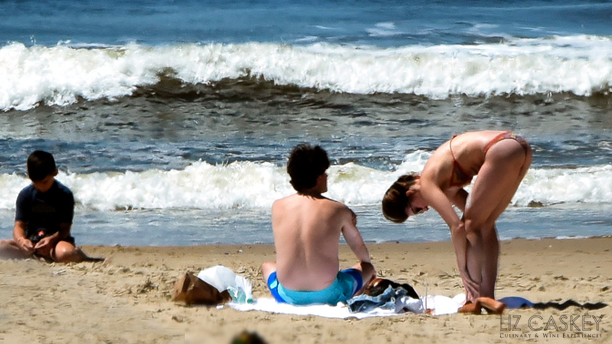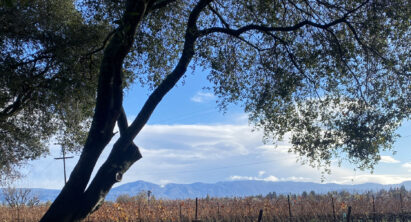Yes, you read that correctly. And no, I am not nuts. Let me explain, por favor.
While so much of the worldwide media seems intensely focused on the devastation in Chile, please note that many of these images are from the cities of Constitución, Talca, and Concepcion, over 200 miles south of Santiago. Santiago, for the most part, is fully operational with stable infrastructure and services, just like you’ve been following here via my experiences immediately after the earthquake.
Two days later, damage here is pretty mild (again, the news shows ONLY the trashed buildings, remember journalism is extremely subjective). The situation is quickly improving and normalizing in the capital, and the region in-and-around Santiago. Electricity, communications, and water services have been restored to most communities. The international airport is open as of yesterday for in-bound flights and out-bound flights are reported to begin this afternoon. The flight situation will be normalized by March 5 as the runways sustained no damage. Infrastructure is solid and well-maintained. Major roads are open now and public transportation is normal. Businesses are functioning. Maybe a little clean-up still, but normality is returning rapidly.
Beyond the destruction in the south, Chileans are rightfully concerned about how this natural disaster could impact their local economy, which at this time of year, depends heavily on tourism, fruit exports, and wine production. The international press, and even the US Embassy, is not helping by painting a picture that the whole country is an utter catastrophe. This is simply not accurate. Patagonia and the Atacama Desert came away unharmed. Friends vacationing on the beaches near La Serena hardly felt the quake and drove home safely to Santiago as usual. In Puerto Varas and Chiloé, while gas rations help allot precious fuel for emergency vehicles and planes, life is otherwise business as usual. Santiago too…well, you already read about life here! These are the other faces of Chile. While we can hardly forget the situation in the south, I want to contextualize this for you guys. This is one of the longest countries in the world, spanning over 30 latitudes. The affected area is perhaps 1/8 of the whole country.
Similar to the when the planes hit the World Trade Center, there were numerous news accounts of how the disaster impacted Wall Street and the US economy. Same with New Orleans and Hurricane Katrina. Both have thankfully recovered, and subsequently prospered. Chile is no different. Much of the success with New York and New Orleans can be owed in part to tourism dollars that fed the small and large businesses from the arts and museums, to restaurants/bars/cafés, hotels, transportation. Visitors to these cities played a VITAL role in injecting millions and millions of dollars into the local economy. That made a huge difference for the local community. Chile’s situation is in exactly the same boat.
It is a long road to reconstruction. Detours and pontoon bridges certainly are not new highways. These are first steps. It will take energy, resources, time, patience, and a unified effort to rebuild. But please don’t put all of Chile into the “disaster” box, nor compare Chile directly with Haiti. It’s a far cry from that. Apples and oranges.
On behalf of our tourism company, Liz Caskey Culinary & Wine Experiences, and all my local colleagues: other tourism operators, airlines, hotels, ground transport providers, restaurants throughout Santiago and beyond, wineries, guides, study abroad programs, etc. please don’t cancel your trip to Chile. With the stable situation in Santiago, and in most immediate surrounding areas near the capital, it is possible to expect trips to Chile to proceed as previously planned. With each day, stability returns and grows stronger. I even spoke with a winery colleague whose colonial family home was devastated in Colchagua. His winery lost a lot of wine but he was grateful to have the tanks and barrels be ready for the impending harvest. He asked me to give him a week or two to prepare to receive visitors again. People here are willing, ready, and have this refreshingly can-do, warrior attitude. No victims around here.
If you have wanted to come to Chile, don’t let this deter you. You are more welcome than EVER in Chile. Everybody will receive you with the warmest heart and thank you profoundly for coming to support the country, especially after suffering such an unimaginable blow this past weekend. Your dollars spent in Chile will stay in Chile, being disseminated to local businesses and mom-and-pop shops, not sent to some multinational giant overseas. These businesses, just like ours to be honest, depend on this to work, rebuild, unite, step forward, and most importantly, desire to continually show what makes this country so amazing–and why we all love it more each day, despite the tragedy. A holiday in Chile is not selfish given the circumstances—quite the contrary. You can directly contribute and help make a difference by supporting the local economy. If you cannot travel or wish not to, buy our wines, our delicious olive oil, our fruit, even our travel guides.
On Thursday and Friday, I will confess that our office was c-r-a-z-y with developing a launch for our English-language food & drink wine e-guides to the capital, Eat Wine Santiago. We had planned on announcing the launch this morning…and then Mother Nature hit Saturday a.m. All of a sudden I felt seriously torn. Was it the right thing to do given the circumstances? After speaking with my caseros, colleagues, other small business owners in the food/wine/travel industry, they nudged me to go ahead and do it anyway. Now more than ever, the entrepreneurial spirit in Chile must step forward to rebuild together in all industries and that includes tourism, hospitality, and exports. By generating new business, this means help for everyone to pick up the pieces and continue to support each other. It is a positive domino effect. Abundance attracts more abundance. My business partner and I decided that our business will donate a very significant portion of the proceeds to a local cause to help in the relief efforts with all the purchases of our Eat Wine Santiago e-guide. More details on that mañana.
Let’s not forget that only last week, pre-Quake, Chile was ranked by Travel & Leisure magazine as the sixth hottest destination in the world. Can an earthquake strip that overnight? ABSOLUTELY NOT. Chile is still as beautiful as it was. The people are still as generous and caring. The organization is still impressive. The food and wine are amazingly exquisite. All this still exists despite the natural curve ball that came our way on Saturday. I hope you’ll decide to support Chile and all its businesses. More tomorrow.
Thanks to Ambbar for the sunset pic of Santiago; and to Roberto Candia who captured the true spirit of Chileans. Fuerza chile, SÍ, PODEMOS!!
